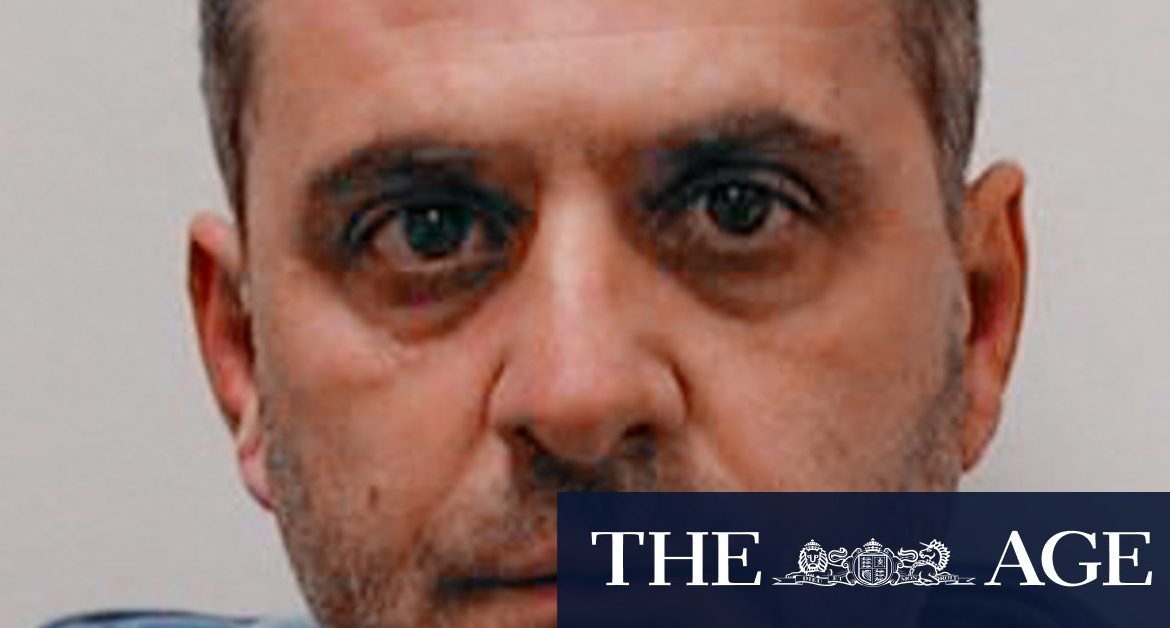Court of Appeal justices Chris Maxwell and Karin Emerton granted bail on the basis it was possible that by the time Agresta’s appeal was heard and he was re-sentenced, his non-parole period could have expired and he would have served time in prison that was not lawfully justified.
The conditions of Agresta’s bail was still being decided between prosecutors and his lawyers, but the court heard he had offered $400,000 in cash as a surety.
Salvatore AgrestaCredit:Suppled
Prosecutor Michael Wilson didn’t allege Agresta posed an unacceptable risk of fleeing while he’s on bail, but “proffering $400,000 in cash from some associate” as surety should be supported by secure property linked to Agresta or owned by one of his relatives.
Justice Maxwell said it was a substantial amount of money and Agresta’s conditions of release could include giving up his passport and not leaving the state.
Agresta, who was convicted by a jury, is one of nine criminals who have lodged appeals over Ms Gobbo’s role in the tomato tins case, which at the time it was discovered in 2007, was considered the world’s largest ecstasy seizure.
Ms Gobbo was given the shipping documents that identified the container by another one of her clients, Rob Karam. The gangland barrister, who was also a police informer, photocopied the document and gave it to police.
Ms Gobbo went on to represent several of the men arrested, including Agresta and Karam.
Mokbel, who is serving 35 years for drug trafficking in a separate case, is also appealing on the basis that Ms Gobbo’s informed on him and acted as his lawyer.
Loading
His directions hearing will take place on Tuesday morning.
During Agresta’s bail hearing on Monday, his lawyer Marcus Dempsey told the Court of Appeal that Ms Gobbo also passed on phone numbers to police that allowed investigators to identify Agresta “for the first time”.
“We know this occurred and it was not disclosed, and it was not disclosed for years,” he said.
Though Mr Dempsey said the shipping documents were the foundation piece of the tomato tins prosecutions, Justice Emerton stopped the defence lawyer short, saying: “It was the drugs that was the principal evidence against your client.”
The court heard Agresta may argue the documents were “fruit from the poisoned tree”, which means if the source of evidence is tainted, then anything gained from it is also affected.
Tammy Mills is the legal affairs reporter for The Age.
Most Viewed in National
Loading







